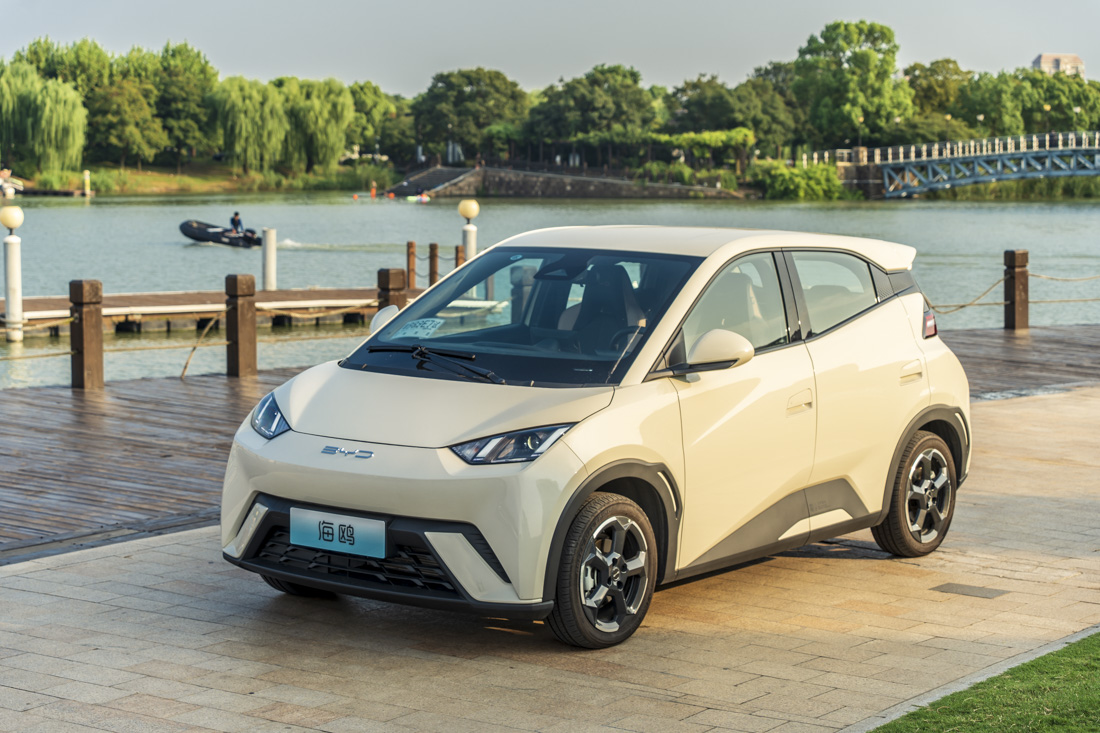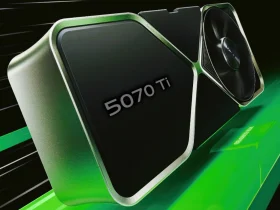A diminutive electric vehicle is causing a significant stir in the global automotive sector, not for its innovative design or advanced features, but for its remarkably low price and the potential disruption it poses to established domestic auto industries worldwide.
The BYD Seagull, a compact all-electric hatchback manufactured in China, boasts a starting price of just 69,800 yuan (less than $10,000), while still reportedly yielding profits for its parent company, BYD.
This achievement contrasts starkly with the struggles faced by many U.S. automakers in turning profits from electric vehicles (EVs).

Profitability of the Seagull has sparked concerns about the expanding influence of Chinese automakers, particularly as they venture into markets like Europe, Latin America, and beyond.
The Seagull’s potential impact is underscored by Terry Woychowski, former General Motors executive and current president of automotive at Caresoft Global, who describes it as a significant event for the industry.
While the Seagull is not yet available in the U.S., BYD’s growing global presence suggests that it may soon arrive on American shores, potentially disrupting established players in the market.
There’s apprehension among global automakers that Chinese manufacturers, backed by significant government support, could flood markets with low-cost vehicles, undercutting domestic production and pricing structures.
The fear is succinctly articulated by the Alliance for American Manufacturing, warning that the entry of cheap Chinese autos into the U.S. market could spell disaster for the domestic auto sector.

Tesla CEO Elon Musk has even cautioned that Chinese automakers, propelled by robust government support, could outstrip global rivals in the absence of trade barriers.
The success of BYD and its counterparts is attributed to various factors, including advanced battery technology, vertical integration, and efficient production processes.
BYD’s Blade battery technology, in particular, offers a cost-effective alternative to traditional lithium-ion batteries, contributing to the company’s competitive edge in the market.
Despite its low price, the BYD Seagull maintains a level of quality and reliability that belies its affordability, as observed by engineering consulting firm Caresoft Global.
The firm’s teardown analysis revealed a well-executed and efficiently designed vehicle, challenging the notion that low-cost vehicles must compromise on quality.
While BYD’s expansion poses challenges to traditional automakers, it also presents an opportunity for industry players to reassess their strategies and adapt to changing market dynamics.
As Marin Gjaja, COO of Ford’s EV unit, acknowledges, competing with Chinese brands necessitates a focus on technological innovation and operational efficiency.
In essence, the rise of BYD and its counterparts serves as a wake-up call for the global automotive industry, urging established players to embrace innovation and agility to stay competitive in an evolving image.
As Terry Woychowski aptly puts it, the industry must be willing to learn, unlearn, and change rapidly to confront the challenges posed by emerging competitors like BYD.







Leave a Reply